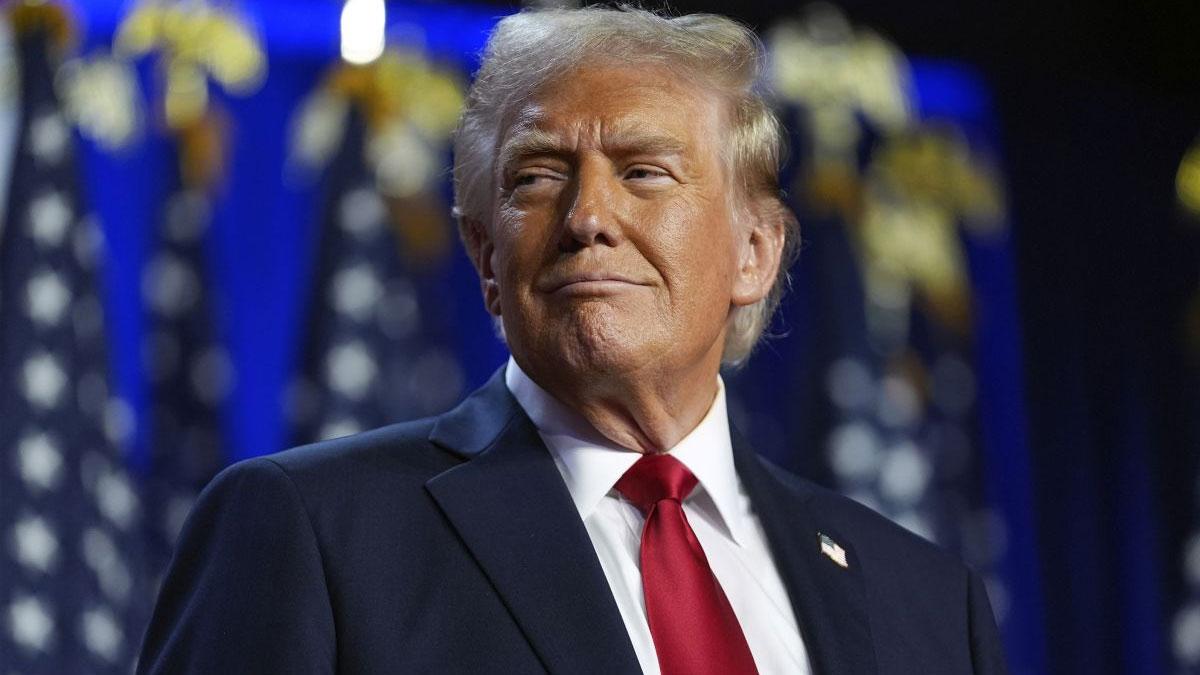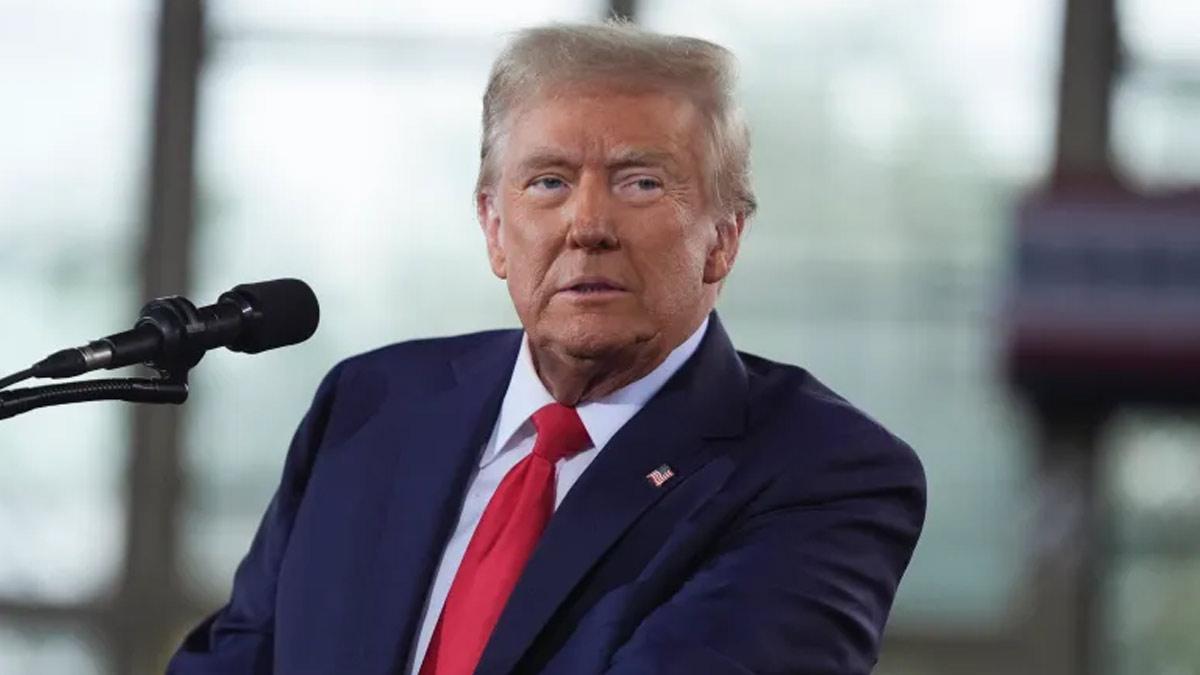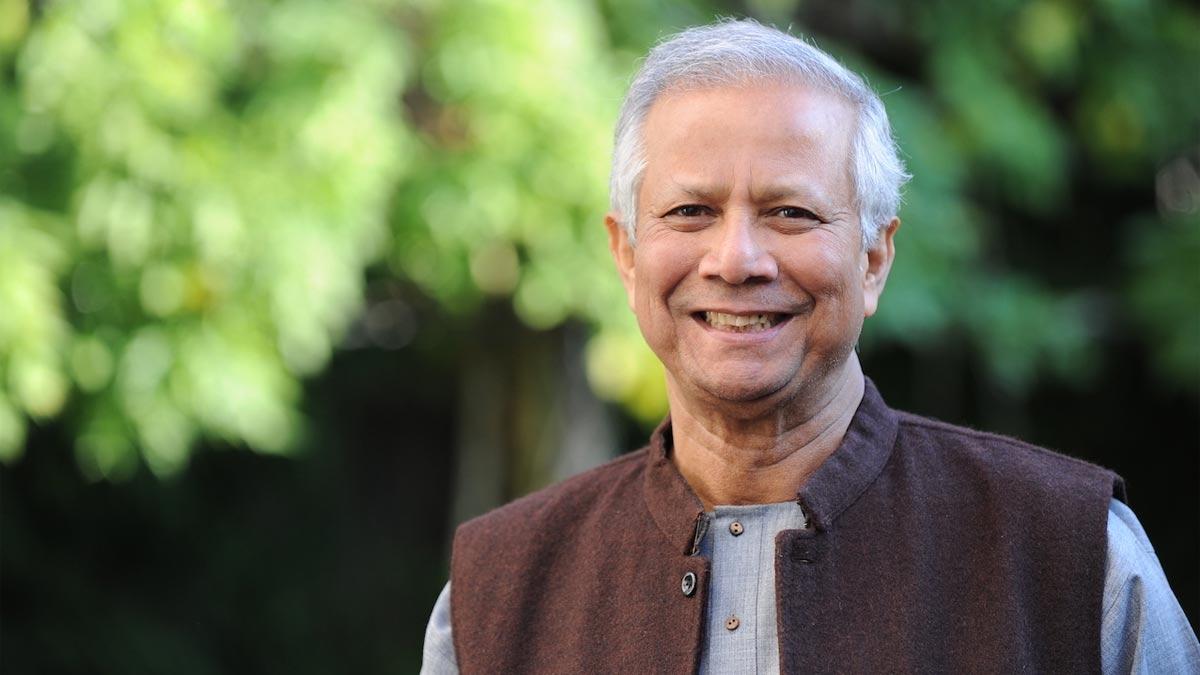US President Donald Trump has come to the defense of his aggressive tariff strategy, citing his target of increasing American manufacturing in key areas including military hardware, computers, and artificial intelligence, and not for making everyday products like sneakers and t-shirts.
We are not interested in doing sneakers and t-shirts. We want to do military equipment. We want to do large things. We want to do the AI thing with the computers and the many, many, many, many elements," Trump said.
He made it clear that the relocation of textile manufacturing to the US is not on his agenda. "I'm wanting to not make socks. We can make those very well somewhere else. We want to make chips and computers and a whole bunch of other things. And tanks. And chips, by which I mean ships," he said.
Trump had previously supported Treasury Secretary Scott Bessent's comments on April 29 that the US does not necessarily require a "booming textile industry." Bessent's remarks drew fierce criticism from the National Council of Textile Organizations.
In response to Trump's comments, the American Apparel and Footwear Association (AAFA) complained, contending his draconian tariffs adversely affect the industry. "With 97% of the apparel and footwear we wear being imported, and with apparel and footwear already the most highly tariffed US industry, we need to emphasize common sense solutions that can move the needle," said AAFA President Steve Lamar.
Trump recently resuscitated his belligerent trade posture, announcing intentions for a 50% tariff on European Union imports starting June 1, as well as a possible 25% tariff on all imported iPhones sold in the country. He subsequently acquiesced to push back the EU tariff deadline to July 9 after the bloc asked for more time "to get a good deal."
"She (European Commission President Ursula von der Leyen) just called me, as you know. And she requested an extension of the date of June 1st. And she said she wants to get back to serious negotiations because I've informed you particularly, and I informed anyone who would listen, they have to do that. And we had a very nice conversation, and I agreed to advance it," Trump said to reporters.
In his second term, Trump instituted sweeping retaliatory tariffs on competitors from both adversaries and friends alike—China, the EU, Canada, and Mexico—causing immense shock in international trade. He later signed a 90-day truce, reducing tariffs to a minimum rate of 10%.
Read also| Russian Official Confirms Putin’s Helicopter Targeted by Ukrainian Drone Swarm


















